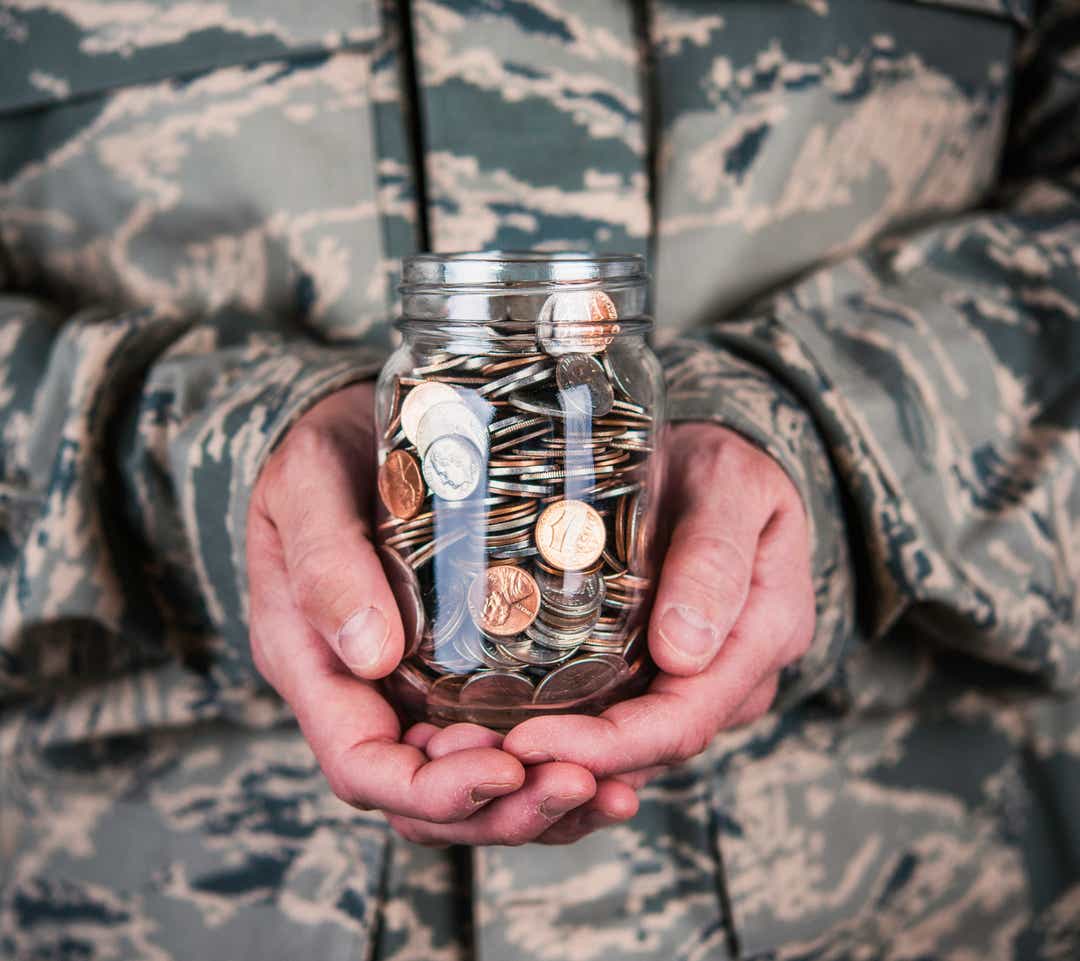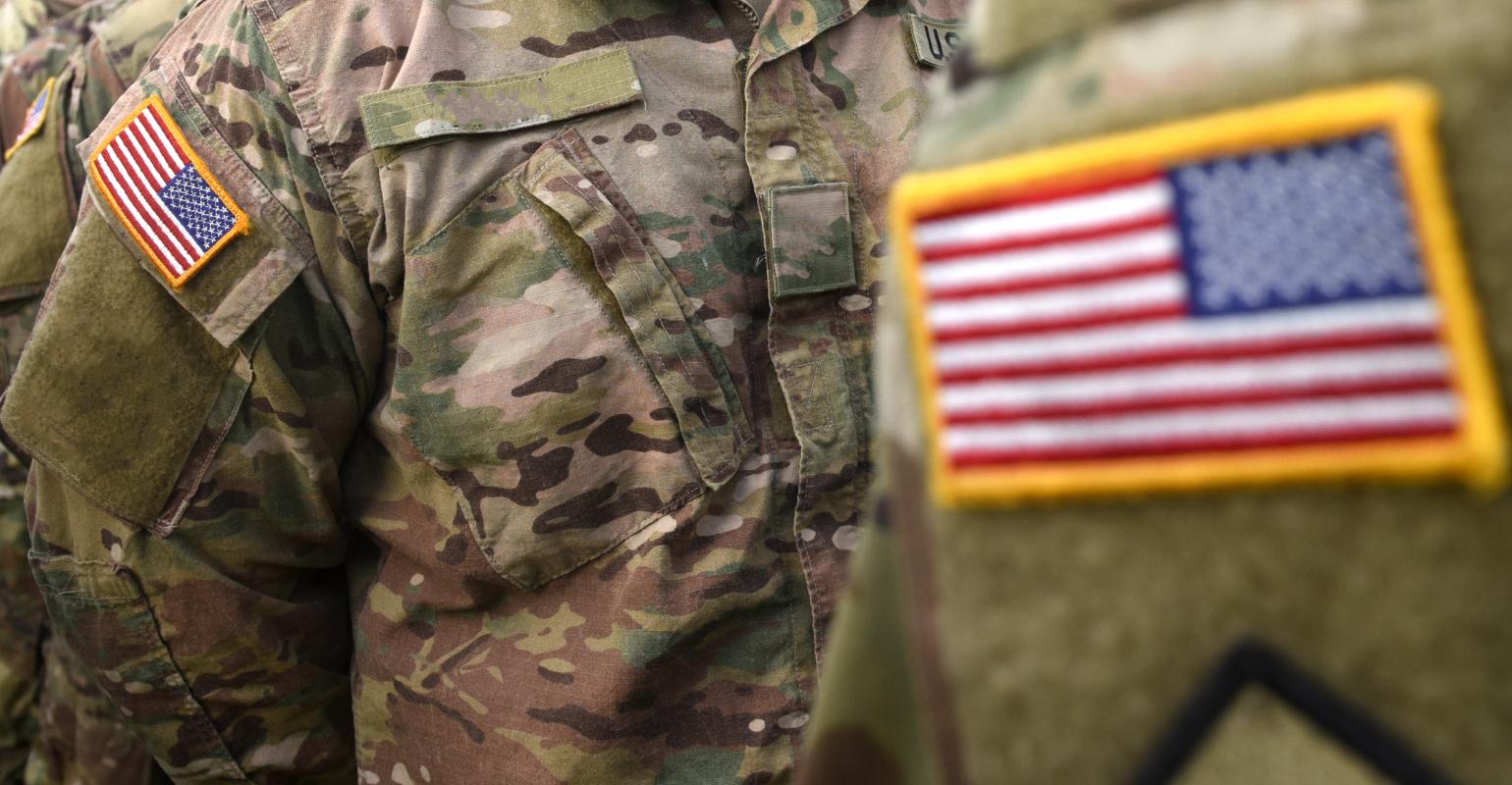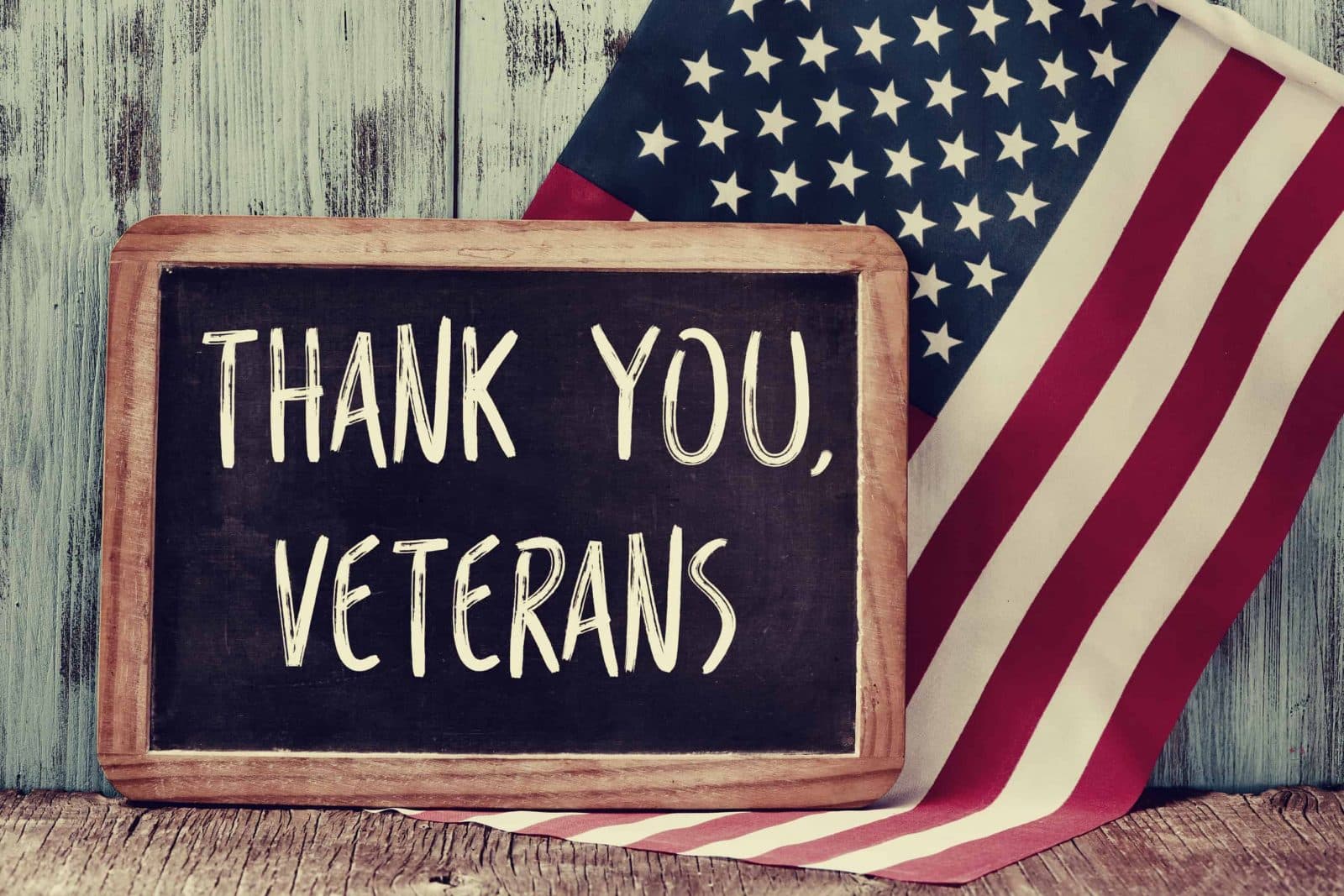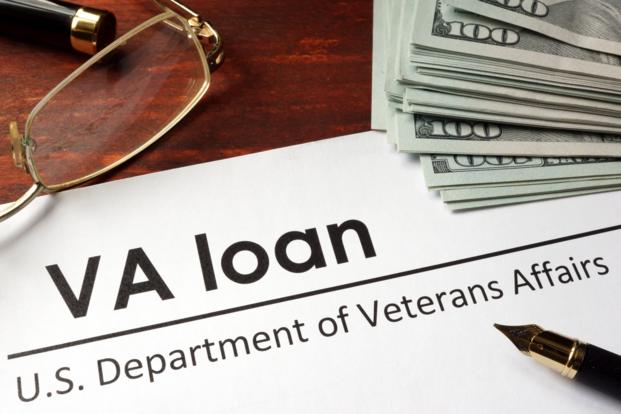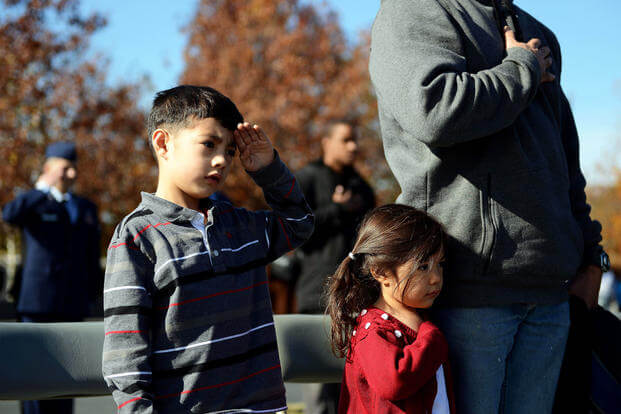
Free Military Mental Health Help: 3 Myths Answered
It’s not that I actually need this appointment, I tell myself. It’s just a good thing to do — like getting a health screening or my annual flu shot. And so I begrudgingly go each month, whether I feel like it or not. Sometimes, I take my kids with me, and they sit quietly with…

